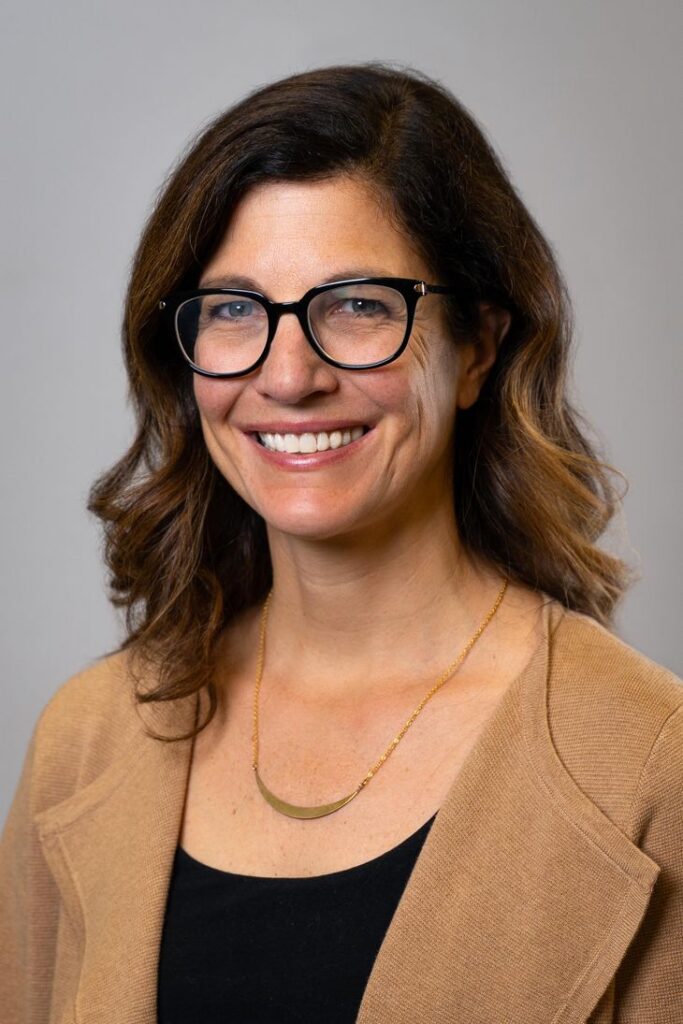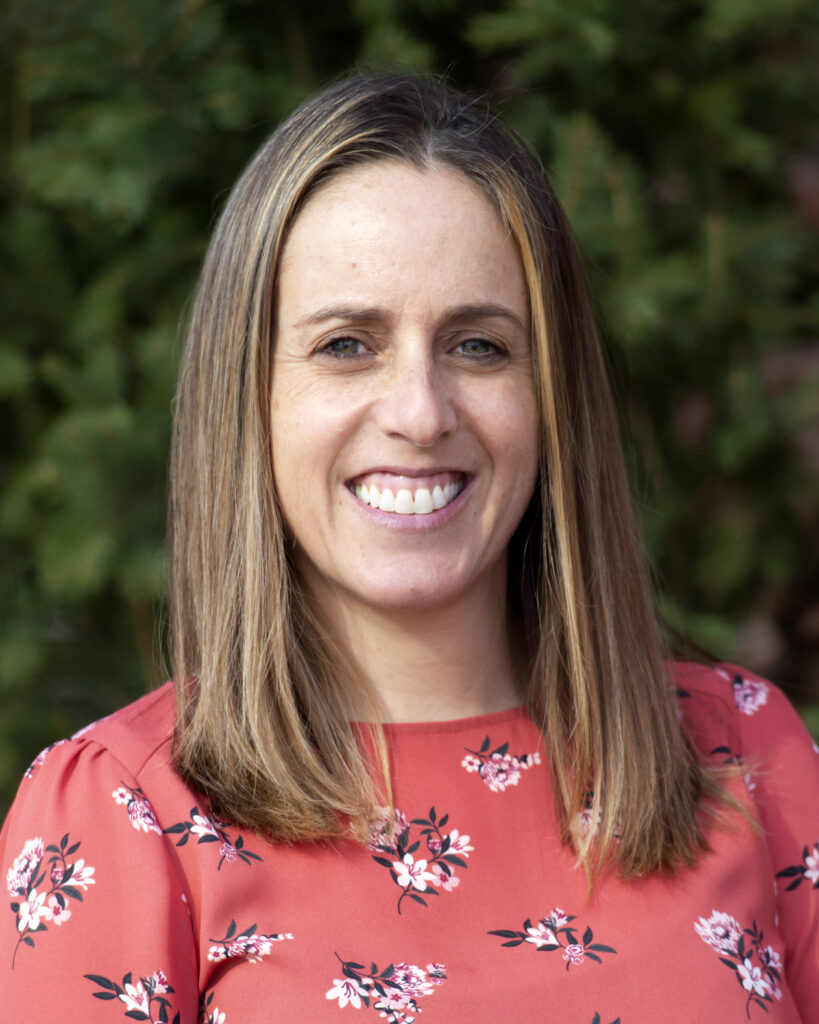Dr. Susan Breitenstein
Collaborator Spotlight:
Dr. Susan Breitenstein

Susan Breitenstein, PhD, RN, FNAP, FAAN, is an Associate Professor, Assistant Dean for Research and Innovation, and Senior Director of the Community Outreach and Engagement & CHW Training Program at The Ohio State University College of Nursing. She received her PhD from Rush University. Her clinical training is as a child and adolescent psychiatric nurse. Working clinically with children, adolescents, and families with mental health issues led Dr. Breitenstein to focus her research efforts on mental health promotion and prevention through implementation and dissemination of evidence-based parenting interventions. Her other research interests include fatherhood interventions and intervention fidelity. In addition to research, Dr. Breitenstein serves as Secretary of the Global Implementation Society.
Currently, Dr. Breitenstein is collaborating with Ms. Julia Berteletti from Klein Buendel on a research study entitled, “Parent Training for Parents of Toddlers Born Very Premature: A Factorial Design to Test Web Delivery and Telephone Coaching” (HD104072; Dr. Breitenstein, Principal Investigator). This study is an adaptation of the Chicago Parent Program and will focus on parenting children who were born very premature, or before 32 weeks gestational age. The Chicago Parent Program is a 12-session parenting program designed to reduce behavioral issues in young children, ages 2-5 years, through strengthening parenting skills. Children who are born very premature have higher risks and vulnerabilities for developing behavioral problems. This study aims to test digital delivery of parent training plus coaching calls for parents of toddlers who were born very premature.










